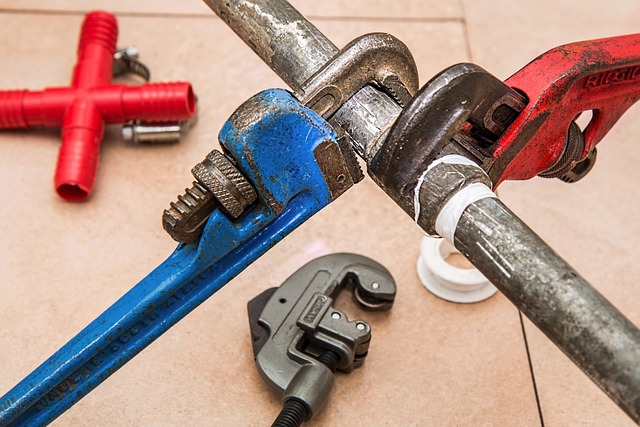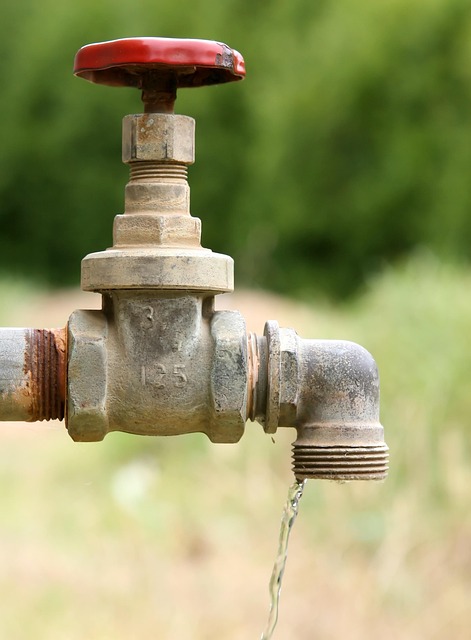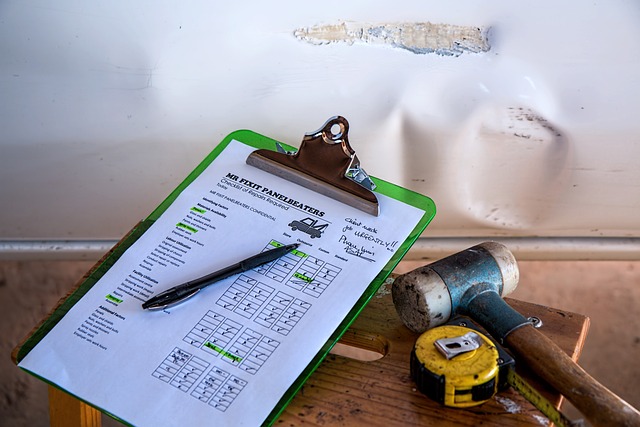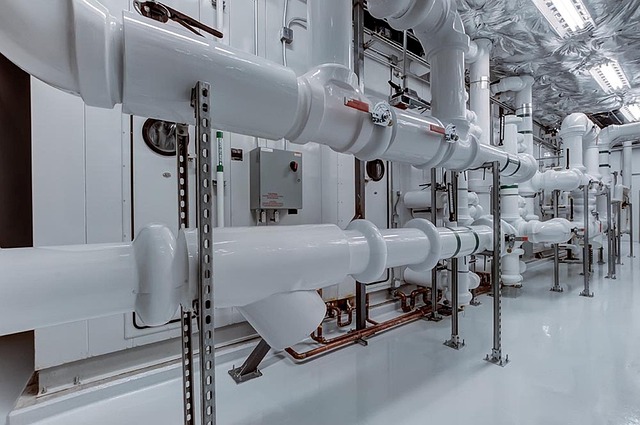Comparing plumbing costs for residential and commercial projects involves considering various factors like local quotes, material expenses (standard vs. specialized), emergency charges, complexity of layouts, and existing infrastructure. Residential plumbing follows a set price structure with average repair costs of $150-$400 to over $7,000 for complex issues; while commercial projects face higher rates due to specialized equipment, materials, and 24-hour service demands, ranging from $200 per hour to tens of thousands for major renovations. Understanding these pricing factors through local quotes is key for informed decision-making when budgeting for plumbing services.
Comparing residential and commercial plumbing costs is crucial for informed decision-making. This article delves into the intricate factors influencing pricing, helping you understand market rates and trends. From material costs varying by project scope and location to labor pricing differences, we explore what drives expenses. Learn why obtaining local quotes is essential for transparency and how to effectively communicate with plumbers. Additionally, discover hidden charges like emergency fees and budget strategically to avoid surprises.
- Understanding Pricing Factors for Plumbing Projects
- – Market rates and trends in residential vs. commercial plumbing
- – Variability in material costs based on project scope and location
Understanding Pricing Factors for Plumbing Projects

When comparing plumbing costs for residential versus commercial projects, it’s crucial to understand the various pricing factors that can significantly impact the final bill. Local quotes often vary widely based on market rates and the specific needs of each project. Material costs play a substantial role; while some materials are standard across both types of installations, specialized or luxury fixtures can dramatically drive up expenses.
Emergency charges also factor into the equation, with commercial plumbing projects sometimes facing higher surge pricing due to the critical nature of business operations. Additionally, the complexity of the layout and existing infrastructure can greatly influence costs. Residential jobs might have simpler configurations, while commercial spaces often present unique challenges like labyrinthine pipes or obsolete systems requiring more specialized labor and materials.
– Market rates and trends in residential vs. commercial plumbing

When comparing plumbing costs for residential and commercial projects, understanding market rates and trends is crucial. Residential plumbing typically follows a set price structure based on local quotes, with pricing factors such as material costs and labour charges varying by region. According to recent surveys, the average cost for basic plumbing repairs in homes ranges from $150 to $400, while more complex issues like repiping can run anywhere from $3,000 to $7,000 or higher, depending on the size of the property and emergency charges that may apply.
In contrast, commercial plumbing projects often involve unique challenges and larger scales, leading to different market rates. Commercial properties usually require specialized equipment and materials, which can significantly impact pricing. Moreover, emergency repairs in commercial buildings might incur additional costs due to 24-hour service demands. On average, commercial plumbing work can range from $200 per hour for labour to tens of thousands of dollars for major renovations or new installations, based on local quotes. Understanding these trends helps homeowners and business owners make informed decisions when budgeting for plumbing services.
– Variability in material costs based on project scope and location

Plumbing projects can vary greatly in scope and complexity, leading to a corresponding variability in material costs. For instance, residential plumbing work, such as fixture installations or pipe replacements, tends to have more standardized materials and labor rates compared to commercial projects. The latter often involves custom designs, specialized equipment, and larger-scale materials, which can significantly impact the overall cost. Additionally, location plays a crucial role in pricing; urban areas with higher material transportation costs and limited access may reflect these expenses in their quotes.
When comparing plumbing cost comparisons, it’s essential to request local quotes from reputable contractors. Pricing factors include not just material costs but also labor rates, which can vary depending on the region and project urgency. Emergency charges might apply for after-hours or weekend work, adding to the overall expense. Keeping an eye on market rates allows homeowners and businesses alike to anticipate price fluctuations and make informed decisions.






